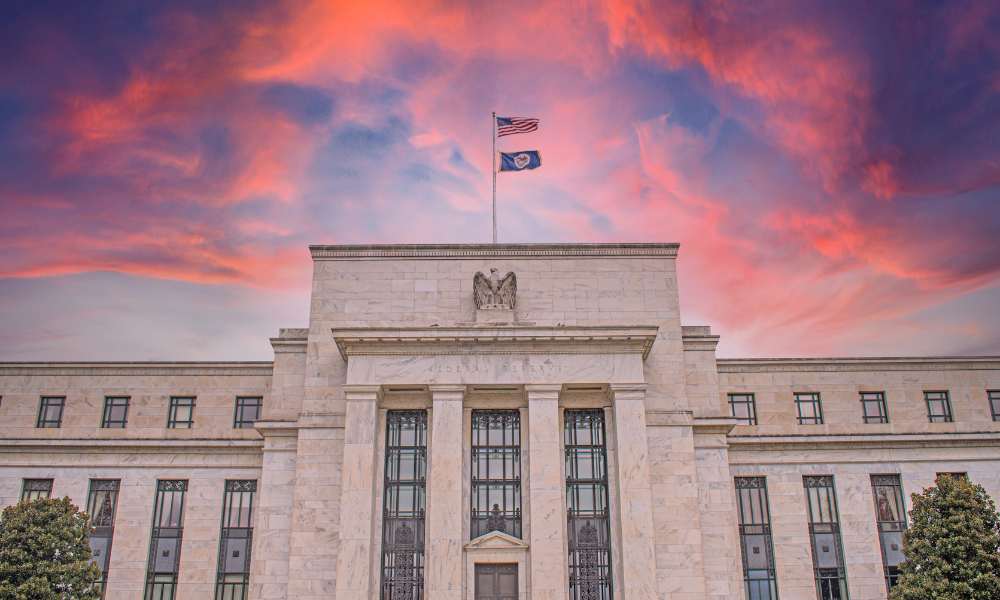
Have you ever wondered how the financial actions of one country can ripple across the world? Well, welcome to a fascinating journey as we explore how the Federal Reserve, also known as the Fed, influences not only the United States but also other countries around the globe.
| Are you a Tax Lawyer in USA? 👉Transform Your Brand: Click for Metamorphosis👈 |
Before we embark on our journey, let's get to know our tour guide a bit better. The Federal Reserve is like the captain of the ship that navigates the waters of the U.S. economy. It plays a central role in managing money, controlling interest rates, and ensuring economic stability.
Imagine the financial world as a giant spider's web. When the Fed makes changes, it sends ripples through that web, touching countries near and far. Here's how it happens:
1. Interest Rates and Investment:
One of the Fed's superpowers is its ability to control interest rates. When the Fed raises or lowers interest rates, it influences the flow of money in and out of the United States. When rates go up, it becomes more attractive for investors to park their money in the U.S., which can cause other countries to lose investments. Conversely, when rates go down, it can lead to a flow of money out of the U.S. and into other countries.
2. Exchange Rates:
Imagine you're trading your trading cards with friends. The value of your cards can change depending on what others are willing to offer. Similarly, when the Fed adjusts interest rates, it affects the value of the U.S. dollar.
A stronger dollar can make U.S. exports more expensive, potentially hurting American businesses that sell goods overseas. Conversely, a weaker dollar can make U.S. exports more competitive, benefiting American businesses but potentially causing challenges for other countries' industries.
3. Global Financial Stability:
Just as a storm in one part of the ocean can create waves that reach distant shores, events in the U.S. economy can have global repercussions. During financial crises, like the one in 2008, the Fed played a crucial role in stabilizing the global financial system. Its actions, including providing funds to international banks, helped prevent a more significant catastrophe that could have affected economies worldwide.
4. Trade Relationships:
The strength of a country's economy often influences its trade relationships. When the U.S. economy is doing well, it can lead to increased imports from other countries. Conversely, when the U.S. economy faces challenges, it might import less, affecting other countries' economies that rely on selling their products to the United States.
You might wonder why all of this is essential to know. Well, in today's interconnected world, understanding how the Fed affects other countries helps us grasp the bigger picture of global economics. It also highlights the importance of cooperation among nations to manage these interconnected financial systems.
Our journey "Around the World with the Fed" has shown us that the actions of the Fed have far-reaching consequences, touching the lives and economies of people worldwide.
It's a reminder that in our interconnected world, what happens in one corner of the globe can impact us all. So, the next time you hear about the Fed, you'll know that it's not just a local hero but a global influencer in the world of finance.